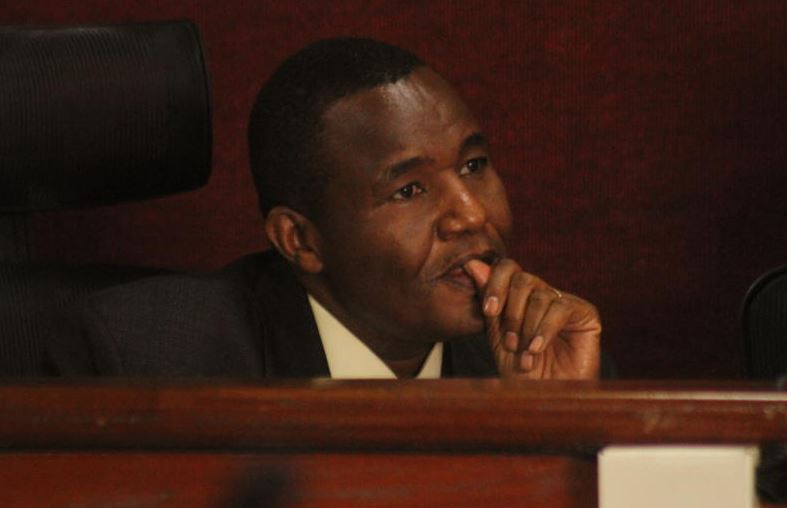Mothers Must Consult Partners When Naming Children, Court Declares
Nancy Odindo, a TUKO.co.ke journalist, has over four years of experience covering Kenyan politics, news, and features for digital and print media.
In a landmark ruling, the High Court has declared that a parent cannot unilaterally name a child without the involvement of the other parent, underscoring the importance of shared parental responsibility in modern-day parenting.

Source: Facebook
Justice Hillary Chemitei, in a judgment delivered last week, emphasised that naming a child must be a collaborative effort, particularly in the evolving context of parenting marked by increasing cases of single parenthood and interracial marriages.
He also noted that a child's identity is deeply tied to their name and both parents must be part of that decision.
According to Daily Nation, the ruling arose from a case filed by a man, identified as C.K.M., who accused his wife of naming their youngest child without his input.
The couple, married since December 2012, has five children. CKM filed a case in August last year seeking legal redress after his spouse submitted a name for their newborn daughter without consulting him.
Court documents revealed that the mother had chosen a feminine name with Japanese roots, paired with two Kikuyu names.
The father, however, proposed a French feminine name, the name of a Catholic saint, and a third name in honour of his father, a tradition he said he had followed with all his children.
He told the court that he had paid for all medical expenses related to the child’s birth at a city hospital in April last year and was worried that the birth certificate would be issued bearing names he did not approve.
Justice Chemitei agreed that the father’s rights had been violated. He ruled that both parents must agree on the child's name within 30 days.
Should they fail to reach an agreement, the father would have the final say, and the Registrar of Births and Deaths was directed to comply with the outcome.
“The issue of names and naming is a right generally bestowed upon the parents. It is a right which cannot be derogated or transferred to any third party unless otherwise shown,” said Justice Chemitei.
He further ruled that even though the mother is the biological parent, she cannot unilaterally assign names to the child without the father's consent.
The judge cited traditional African norms, which often emphasise joint parental roles in naming, and added that modern shifts in culture do not invalidate the principle of mutual agreement.
Psychological experts were also referenced in the ruling, with the court noting that the exclusion of a parent from the naming process could have long-term emotional and identity consequences for the child.
Meanwhile, veteran musician Juliani’s estranged wife, Lilian Nganga, raised concerns over the traditional naming system that predominantly assigns children their fathers' names, often excluding the mother’s identity.

Source: Instagram
She argued that children should carry names from both parents and possibly even grandparents, to reflect a more inclusive family heritage.
Her views have sparked mixed reactions, with many advising women to preserve their children’s connection to their paternal lineage by retaining the father’s name.
Source: TUKO.co.ke












